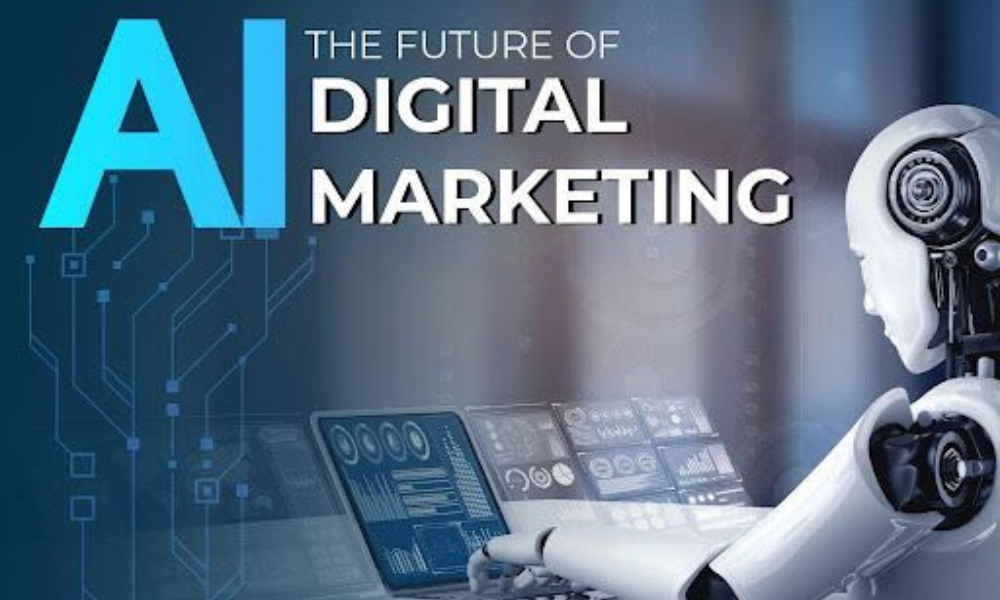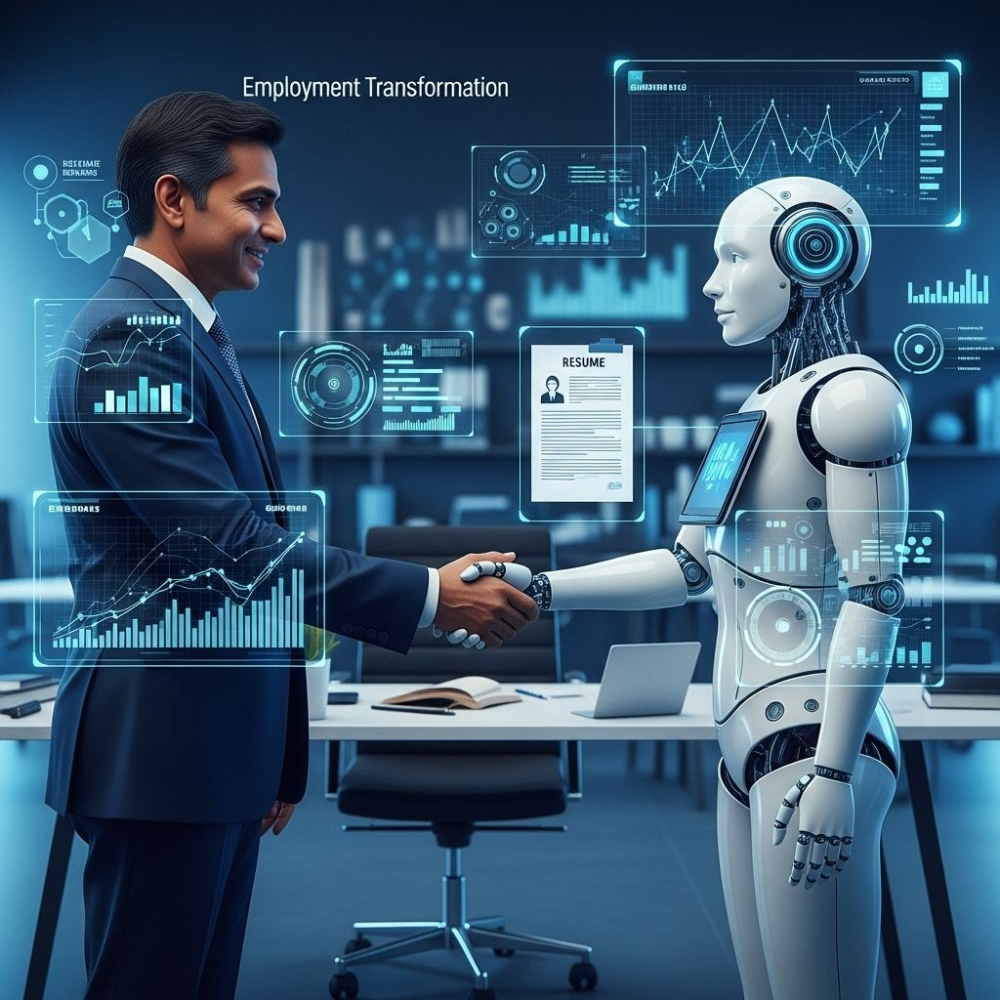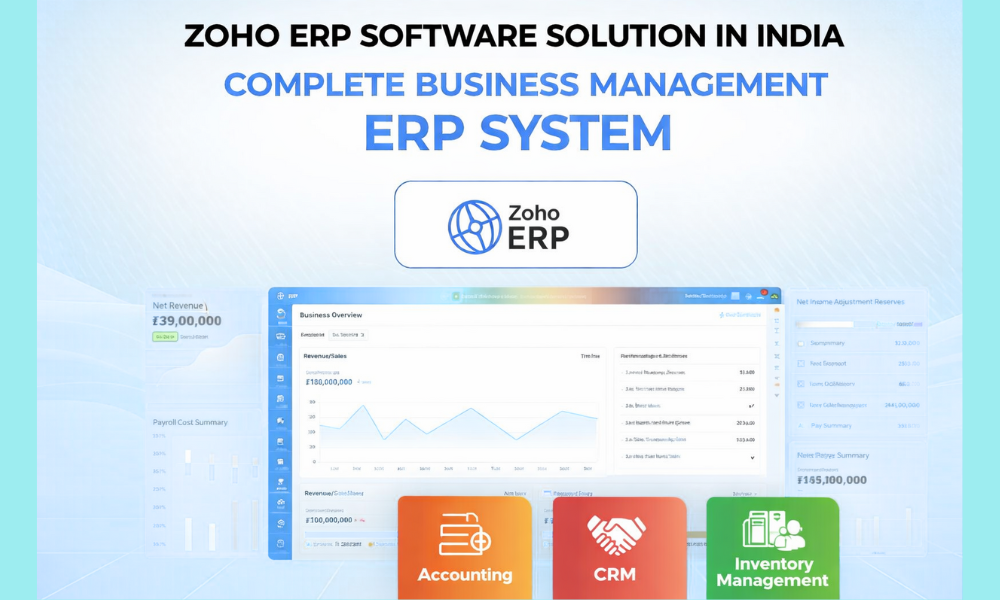Transforming Businesses with Rise of AI in Digital Marketing
In the rapidly evolving digital marketing landscape of today, success is frequently determined by how quickly businesses can capitalize on new technology. One of the most disruptive emerging technologies currently shaping the industry is artificial intelligence (AI). All the way from enabling more efficient campaigns to making customer experiences more human, AI is no longer that thing in the future — it’s already the tool of choice for companies big and small.

This article explores just what AI is doing to change digital marketing, the key ways it’s being applied today, and what we can expect in the future.
What is AI in Digital Marketing?
At its most fundamental level artificial intelligence in marketing brings these competencies to bear and leverages tools like machine learning, predictive analytics, natural language processing, automation and more to generate better results. Rather than just using old-fashioned methods, brands are able simply to look at large amounts of data, predict how consumers will behave, and deliver campaigns that appear to be personalized. The end result is deeper engagements and strategies that improve over time.
Key AI Applications in Digital Marketing
- Predictive Analytics and Insights
It helps companies sift through mountains of data about customers, identifying patterns and predicting what people are likely to do next. From there marketers can refine strategies, hone their targeting and ramp up conversions. - Personalization at Scale
Today’s customers expect more than canned ads. With AI, brands can send personalized emails, serve up targeted ads and recommend products based on customers’ browsing histories and buying habits. Personalization like this increases engagement and stronger relationships. - Chatbots and Virtual Support
Chatbots leveraging artificial intelligence are being used to answer consumer questions 24/7 now. They eliminate wait times, offer fast responses and smoothly guide shoppers on their journeys — all while helping businesses with volumes of interactions. - Smarter Content Creation
Content is king again, but A.I. helps make it. Whether it’s from a blog post to ad copy or social media updates, AI tools can point you in the direction of ideas that are closer to user intent. They observe trends and assist in keeping content timely and irresistible. - Programmatic Advertising
Purchasing ads was something akin to guesswork. AI has changed that. Now, ads seem to show to the right person at the right time, ultimately driving out wasted spend and increasing lead qualified. And, these systems know and get better as they go. - Optimizing for Voice Search
As smart speakers and voice assistants become more prevalent, AI allows brands to optimize their content for natural, spoken questions. This is so they can appear for people that search conversationally.

AI’s Benefits to Marketing
- Better Customer Experience: Whether it’s offering personal recommendations or providing instant support, AI technology is helping customers have a more seamless experience while also be inclined to return.
- Greater ROI: AI allows budgets to go further by identifying which strategies actually deliver.
- Smarter Decisions: Real-time insights mean less guessing, more knowing.
- Time efficiencies: Automation deals with our boring jobs, so that we can concentrate on the strategy, such as scheduling or reporting.
- Competitive Edge: Being early to AI can help one to win on emerging trends and be the first to offer innovation that rivals can not yet match.
The Challenges to Watch
AI isn’t without hurdles. Businesses must be cautious in how they safeguard customer data, as well as in adhering to privacy laws. Smaller companies may have trouble paying for sophisticated tools upfront. And maybe the greatest challenge: keeping conversations human. Over-automating can make customers feel as if they’re talking with a robot, not a person.
Looking forward: What does AI hold for the future of marketing?
What’s next? Expect to see additional developments in:
- Visual Recognition: AI that segments and processes images & video for enhanced targeting.
- Emotional AI: Devices that can sense the feelings of a customer and act/respond accordingly.
- AR Meets AI: Combining augmented reality with AI for an immersive shopping experience.
- Next-Level Predictions: Anticipating not just customer behavior but widespread changes in the industry.
These new features will push marketing even more toward intuitive, personalized and data-driven practices.
Conclusion
Digital marketers can no longer afford to do without AI — it’s well on its way to becoming a must-have capability. From smarter ads to easier automated campaigns, it’s making it possible for businesses to reach people with even more personalized messaging that doesn’t feel too personal, and in a way that feels more efficient. Those businesses that adopt AI won’t only see an increase in engagement and revenue, but will also build themselves a leader within the rapidly changing digital market place.








